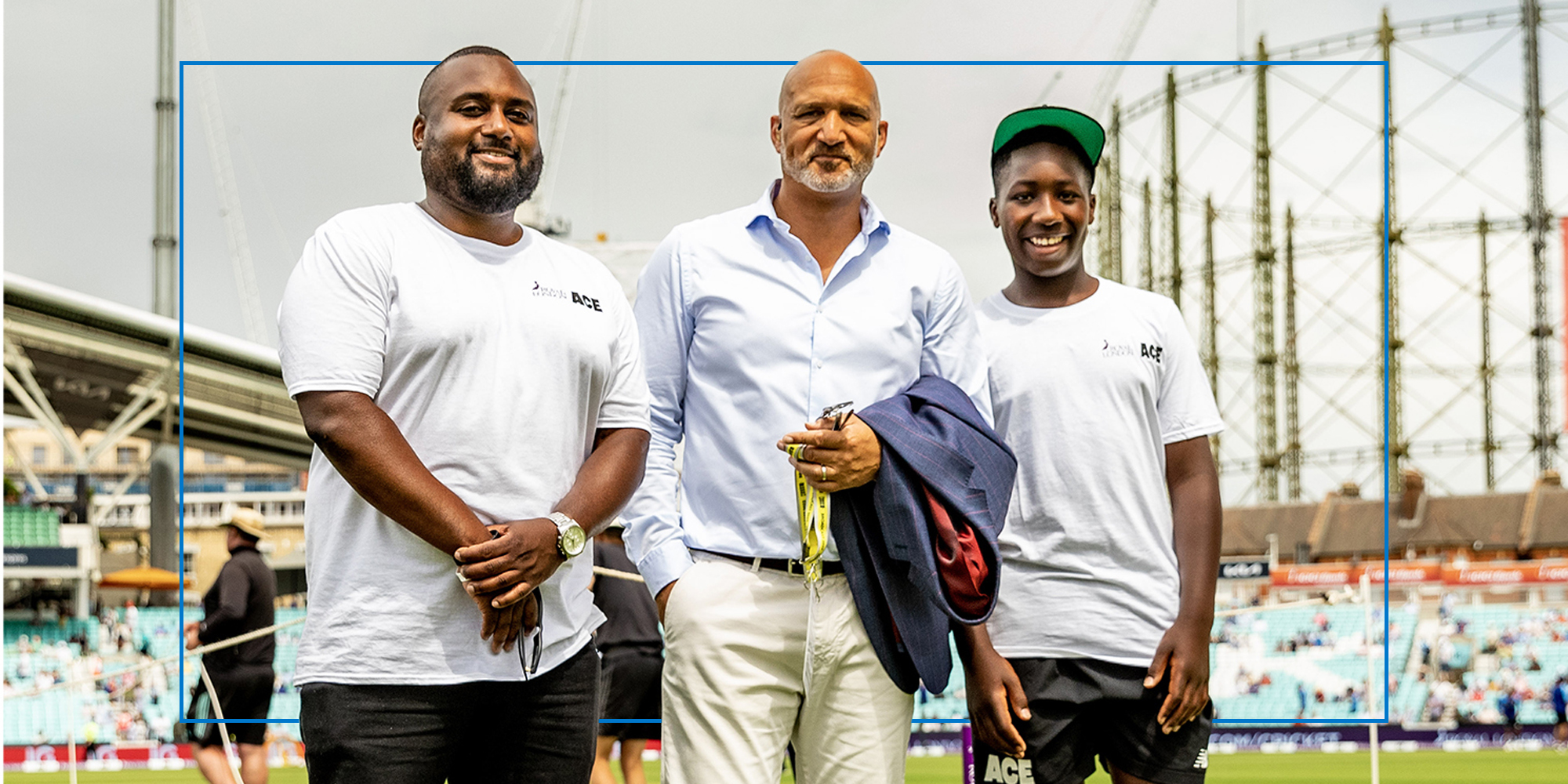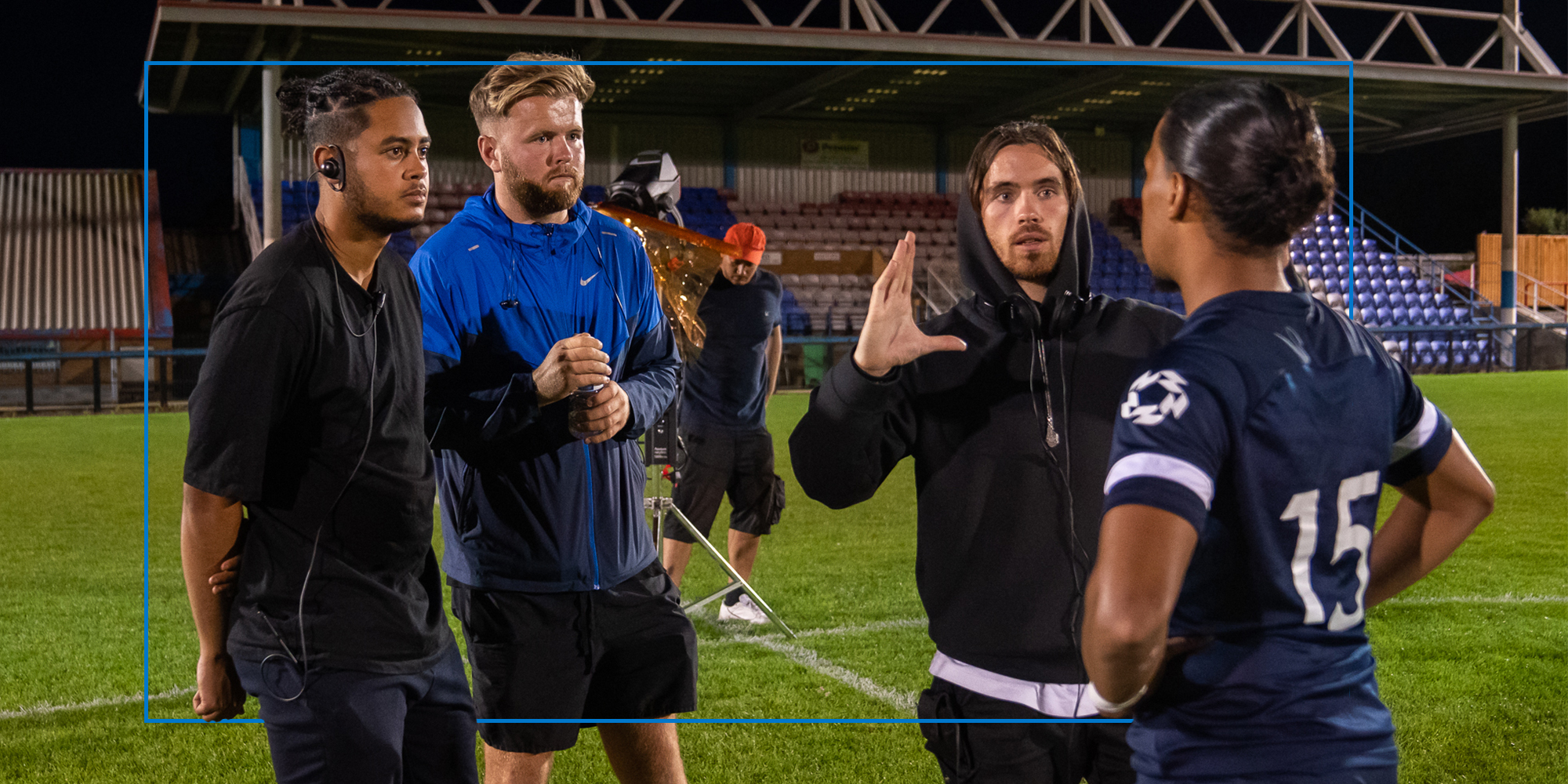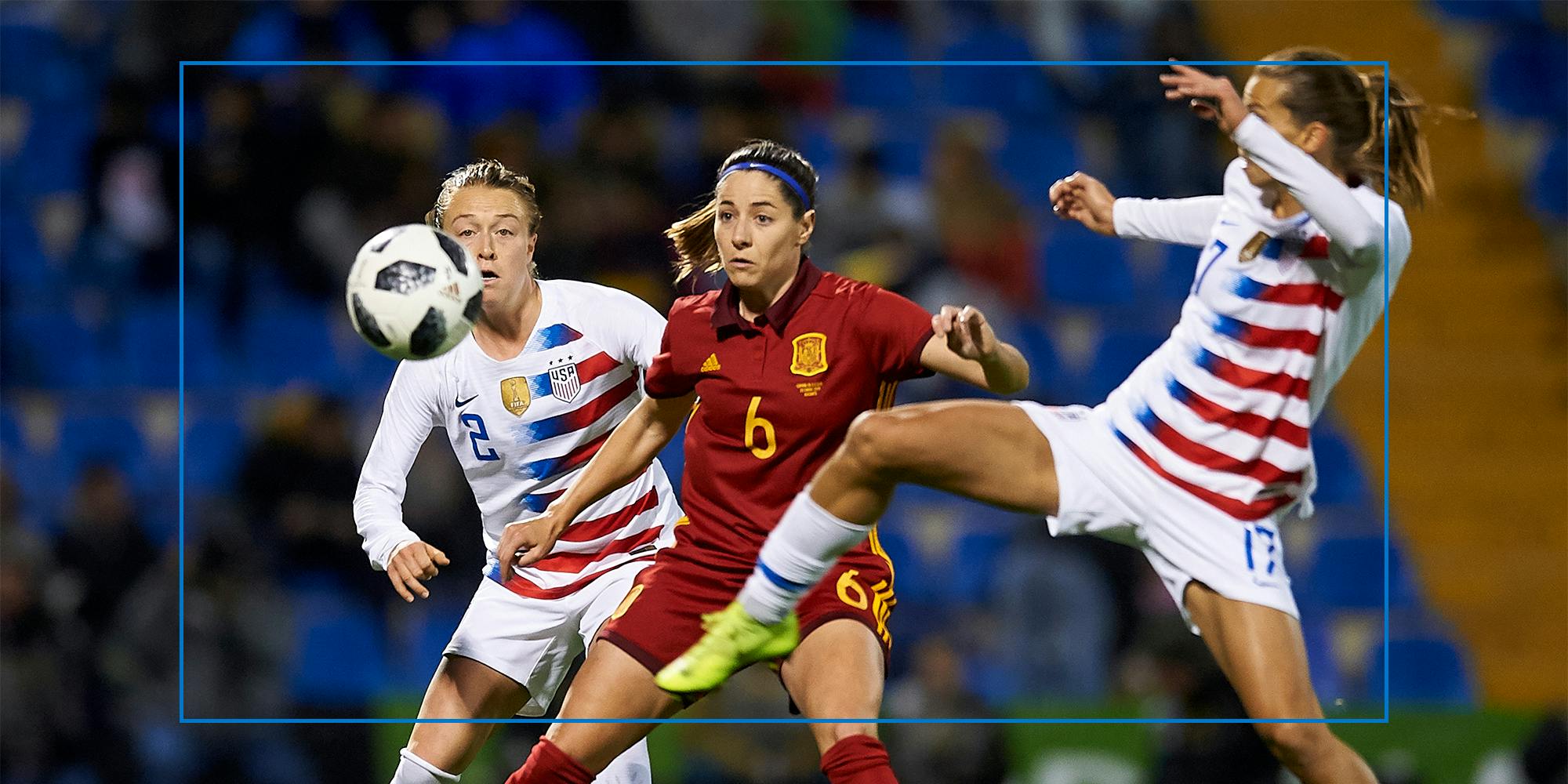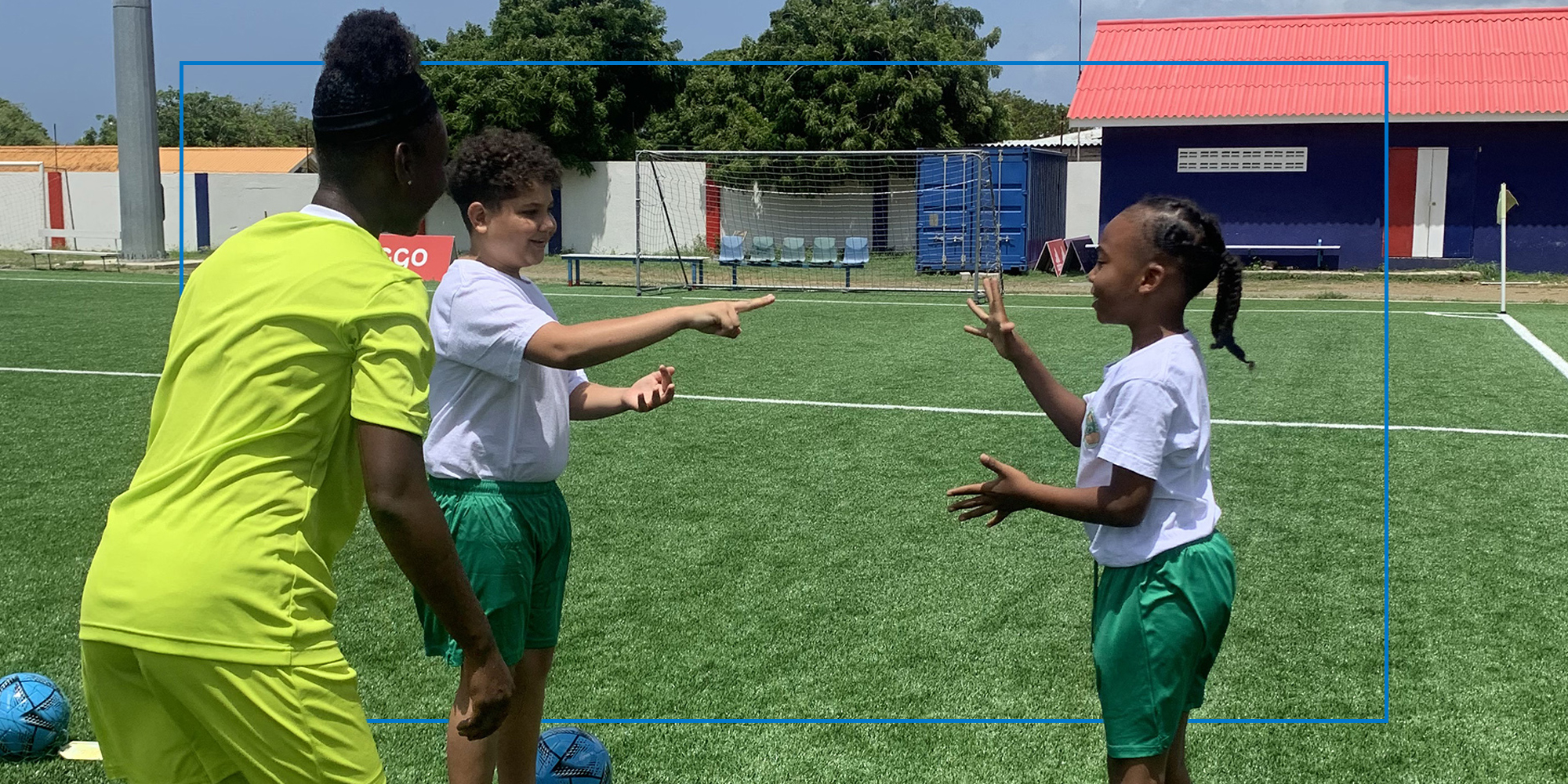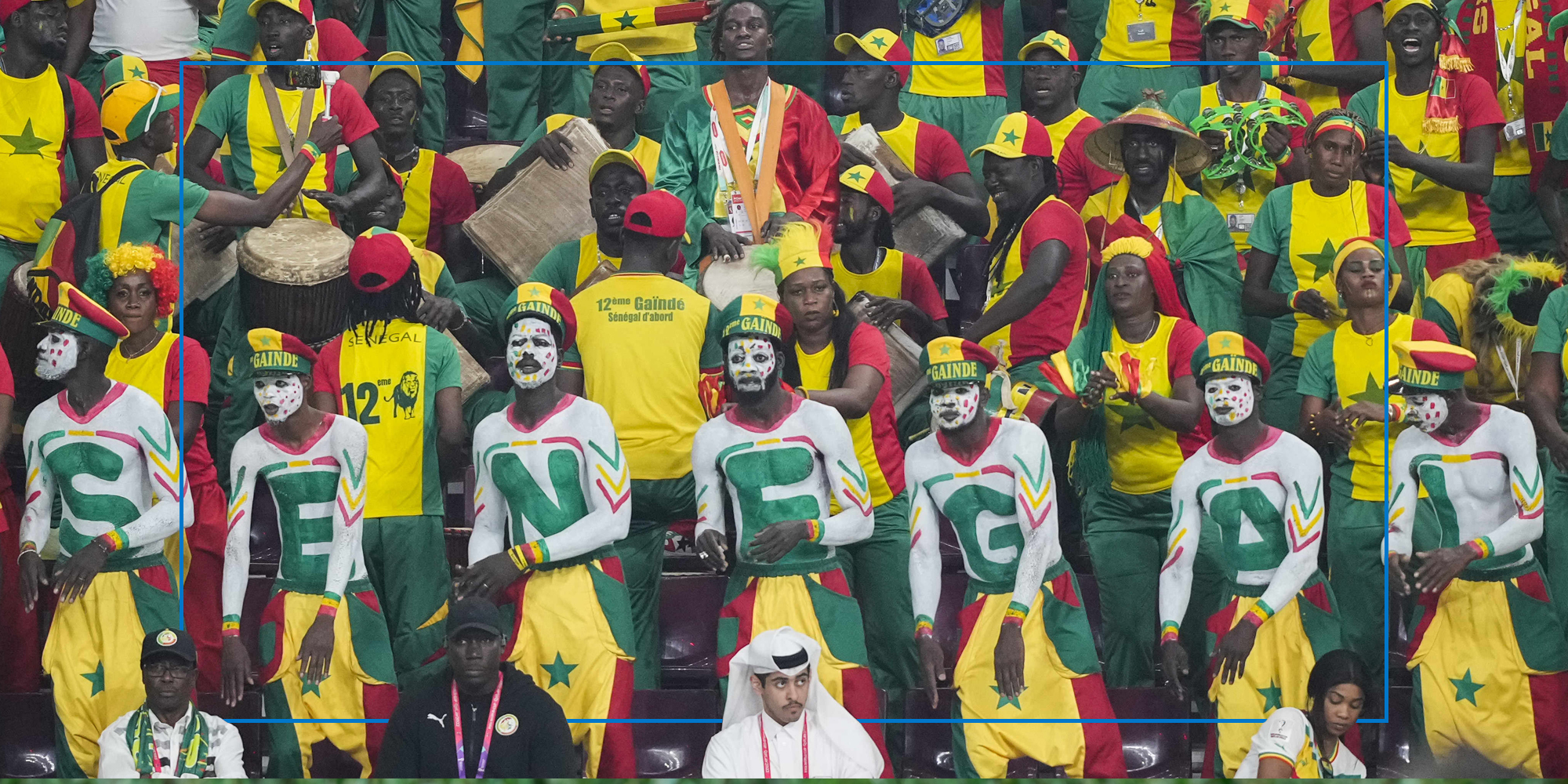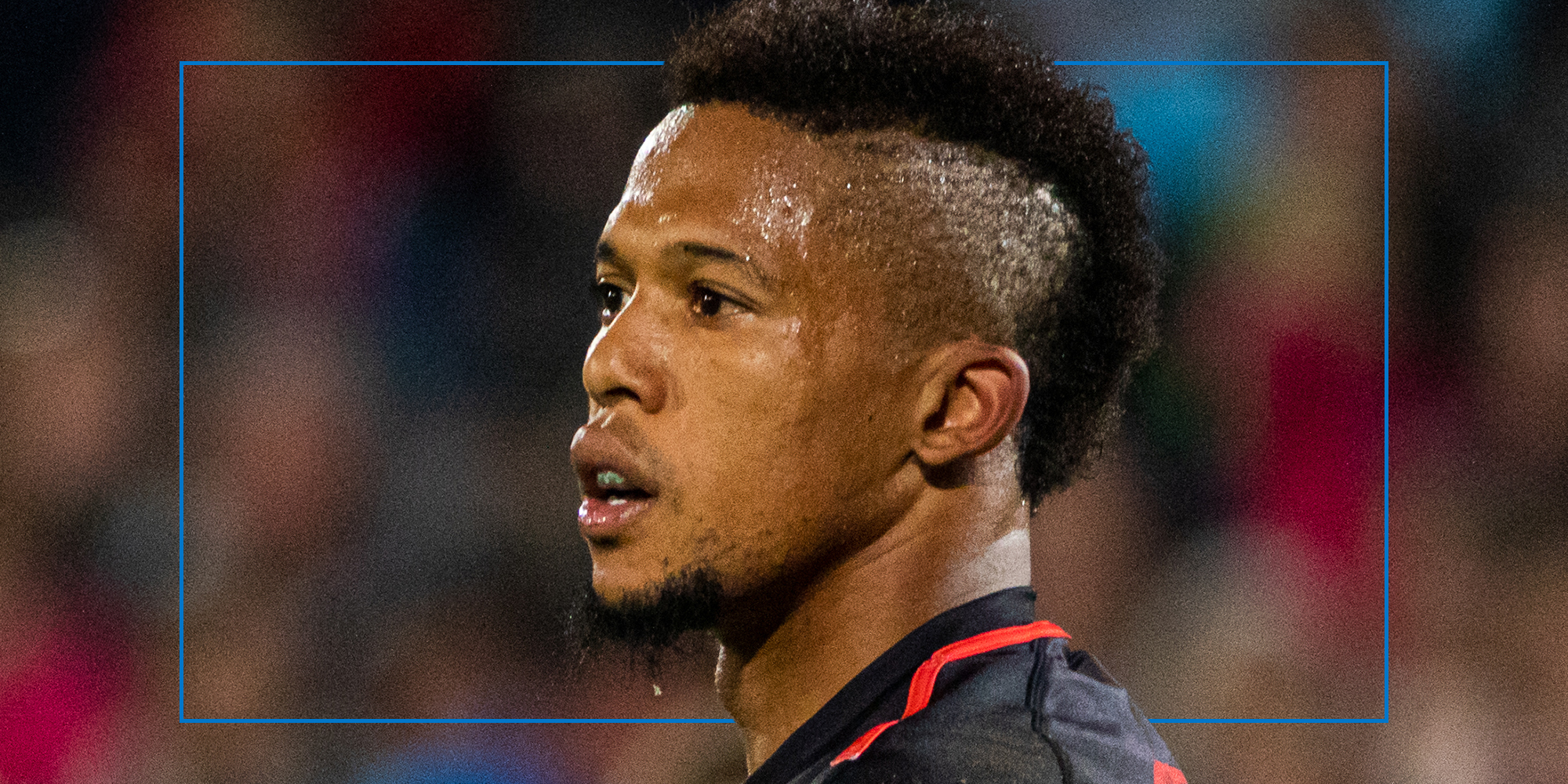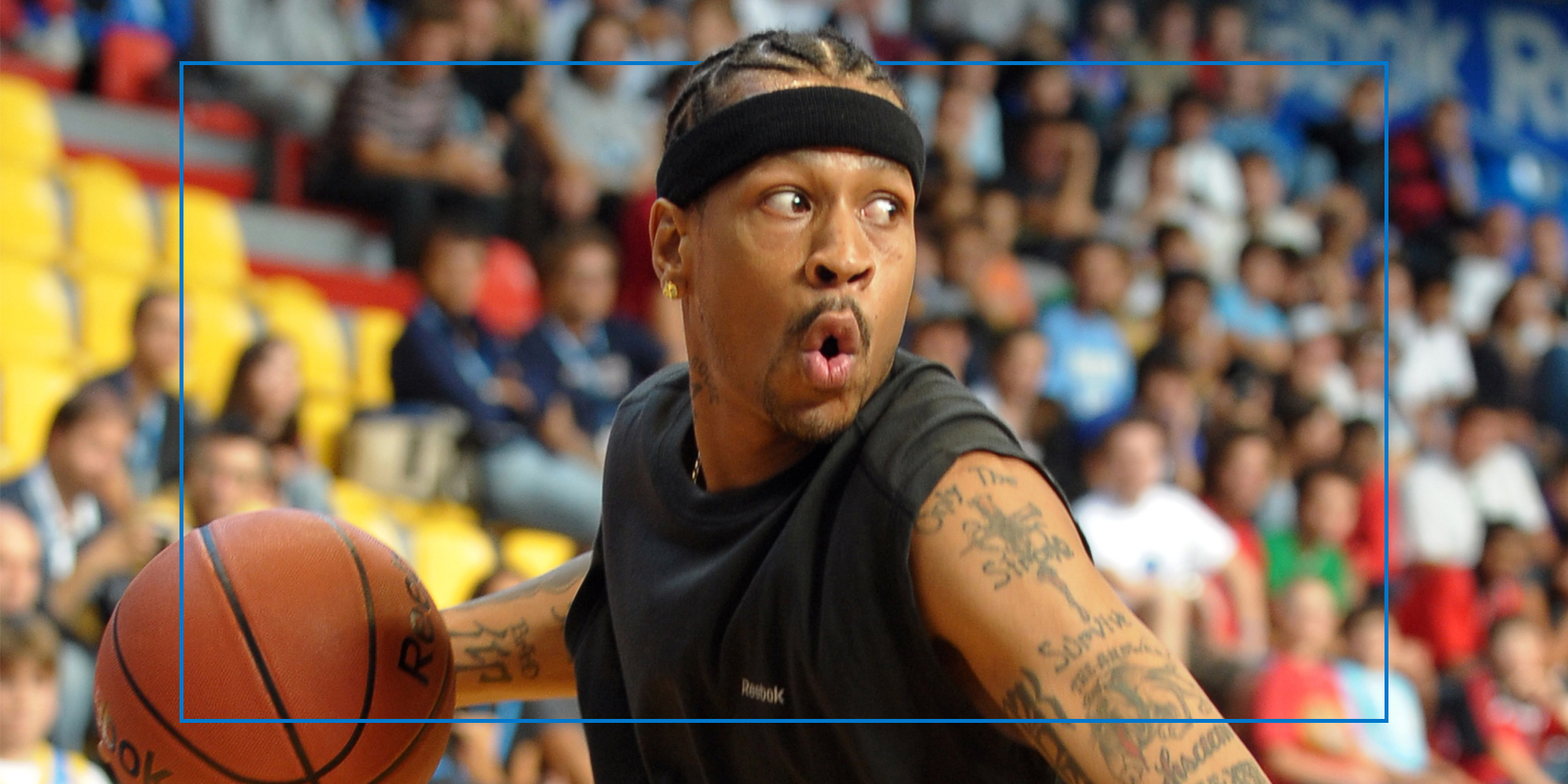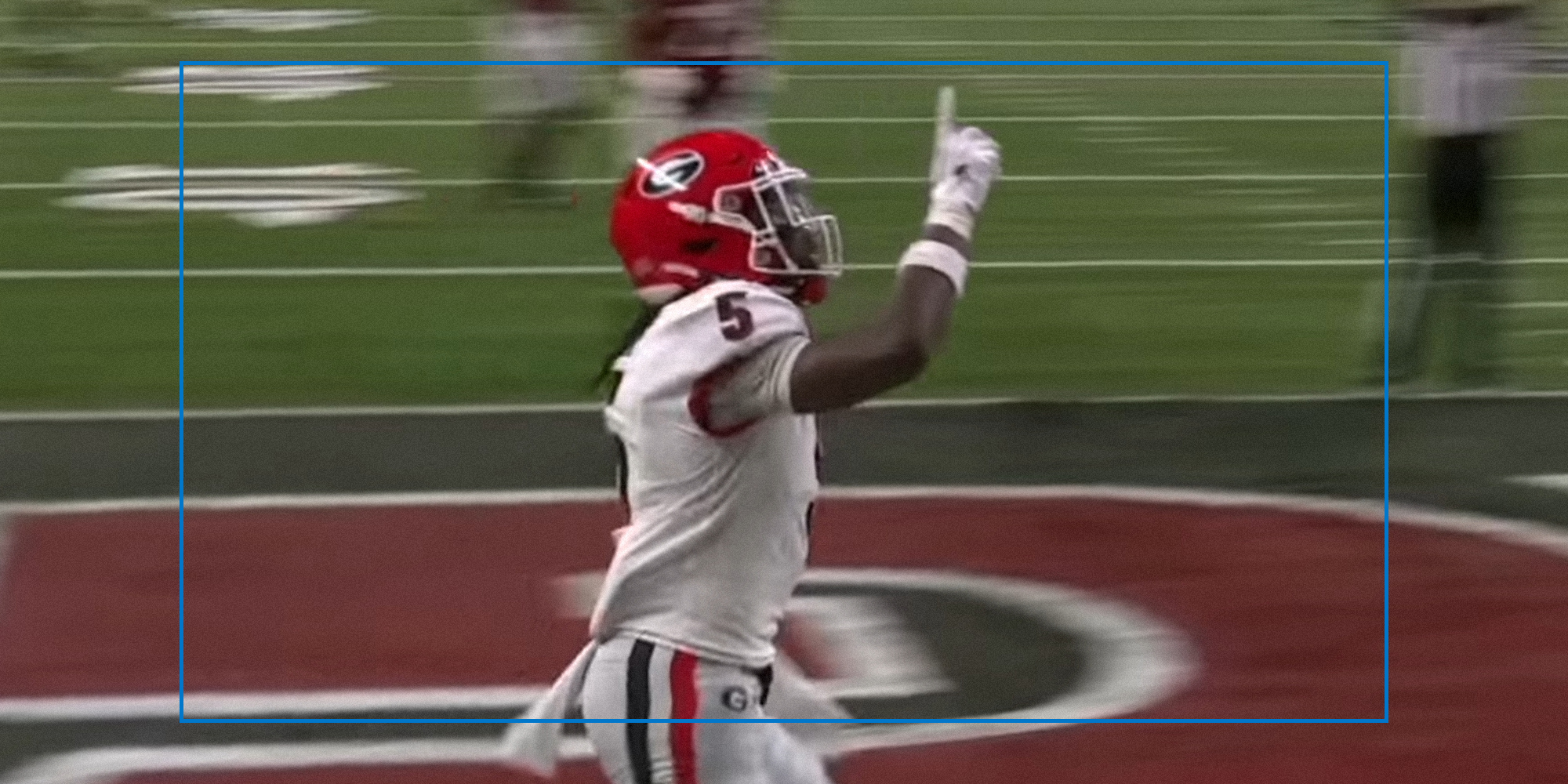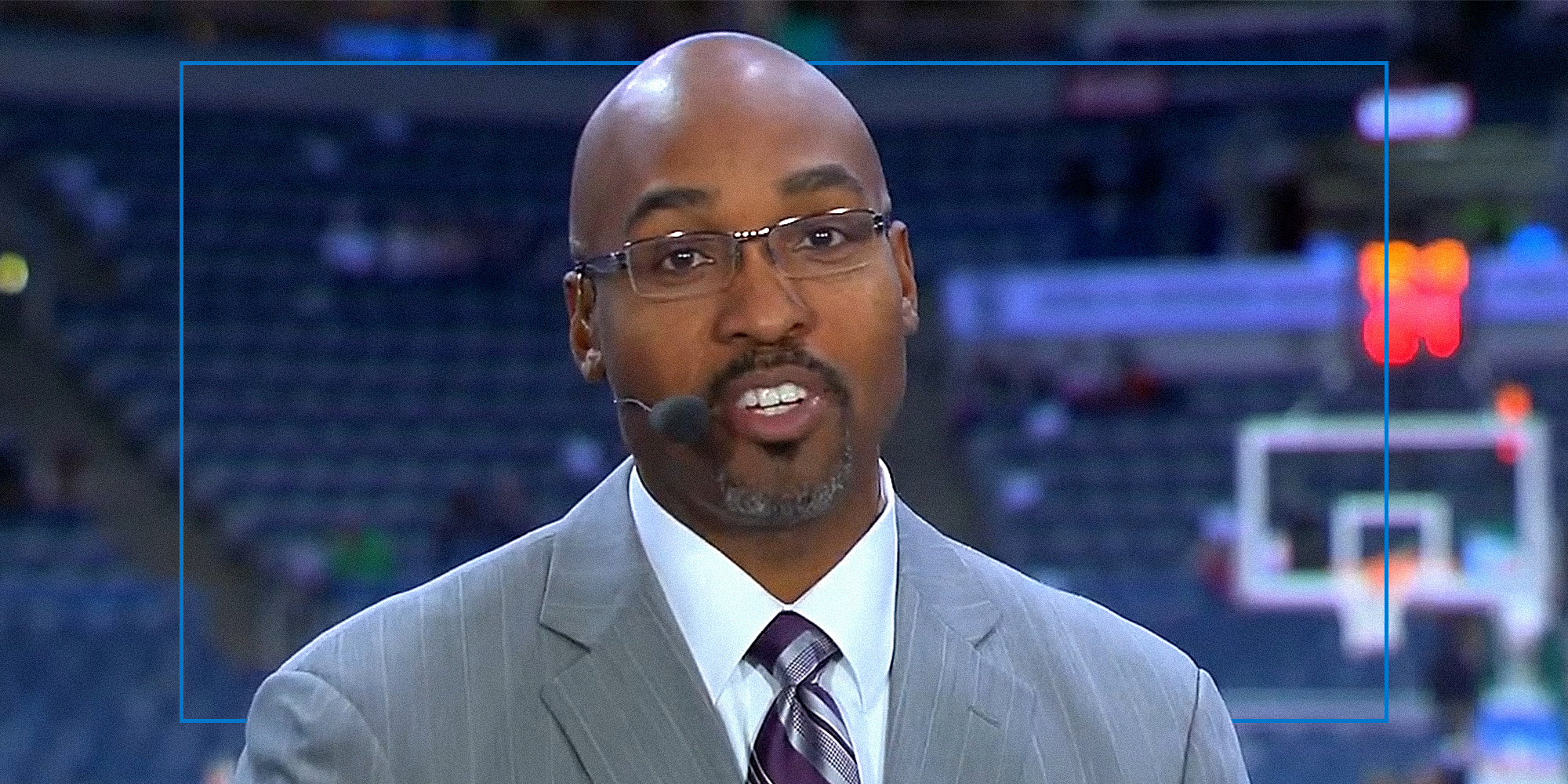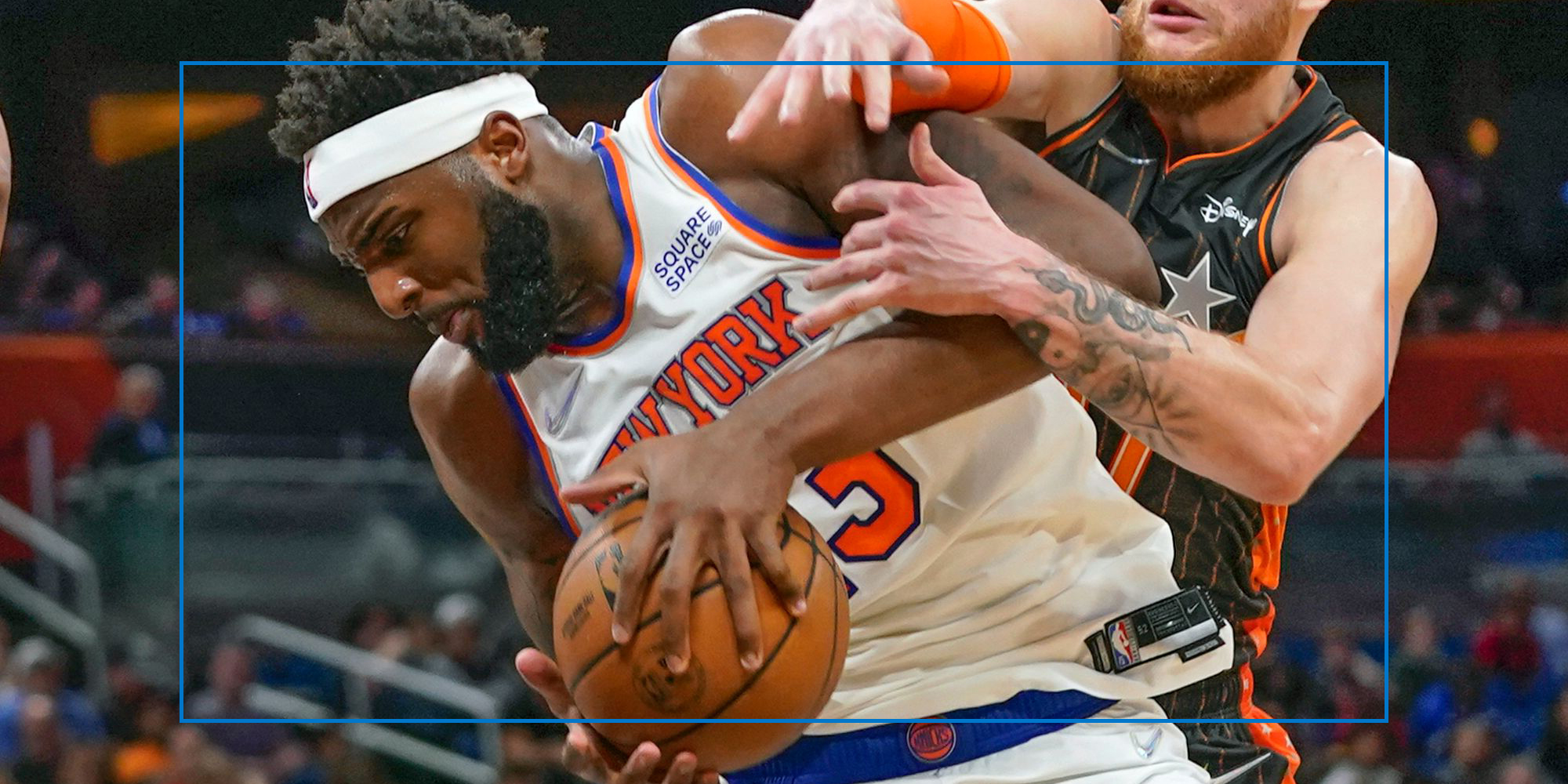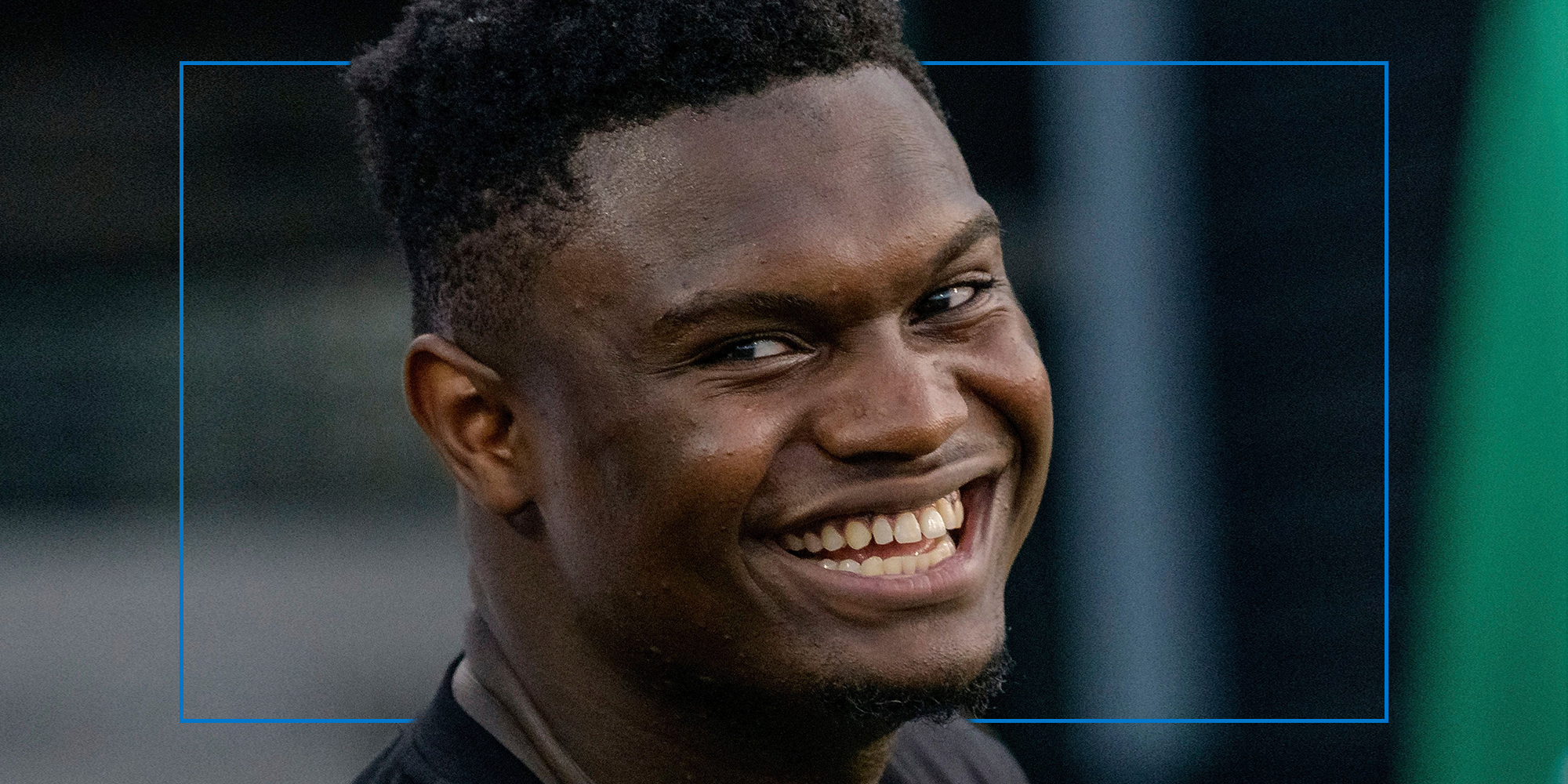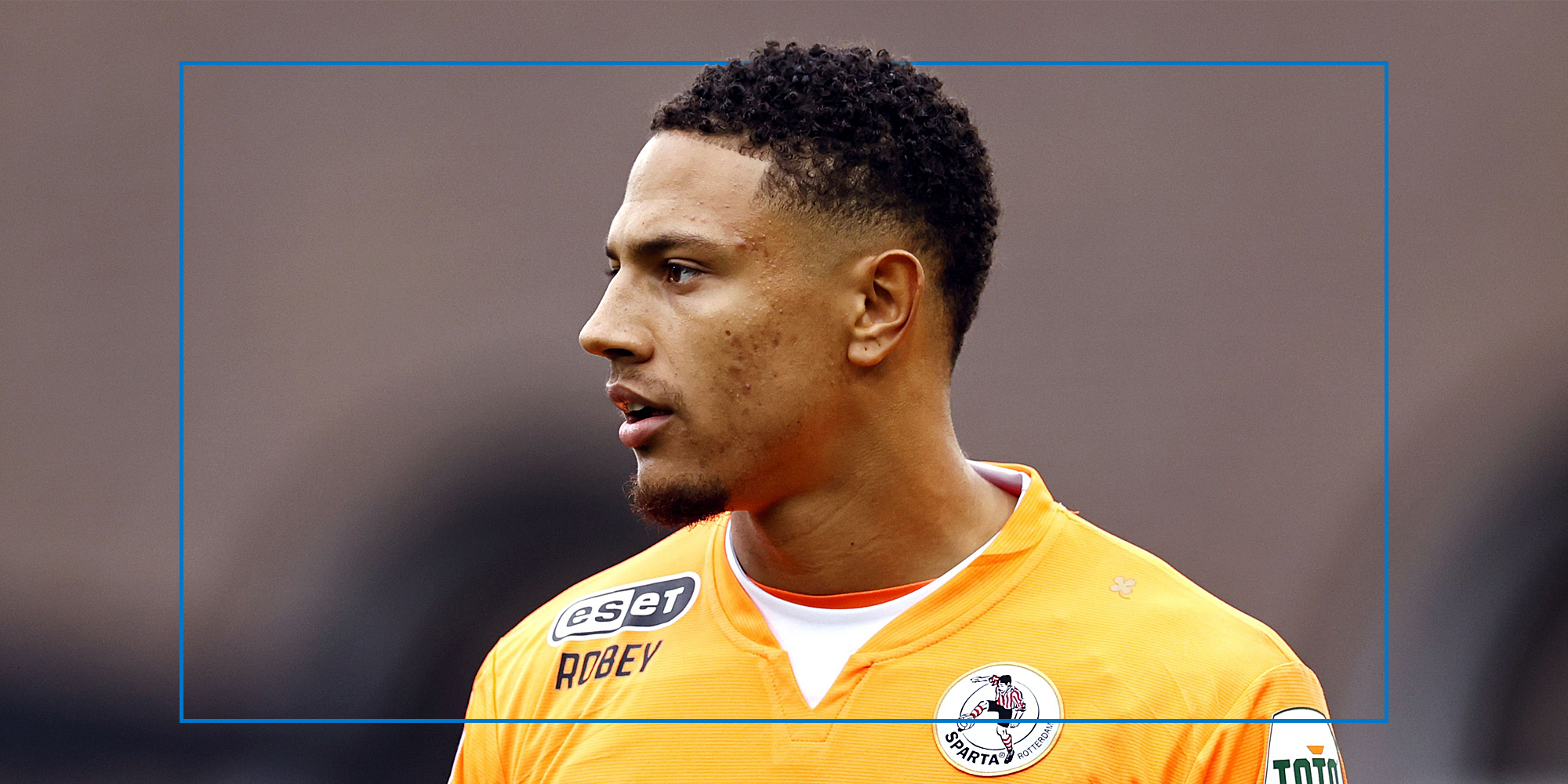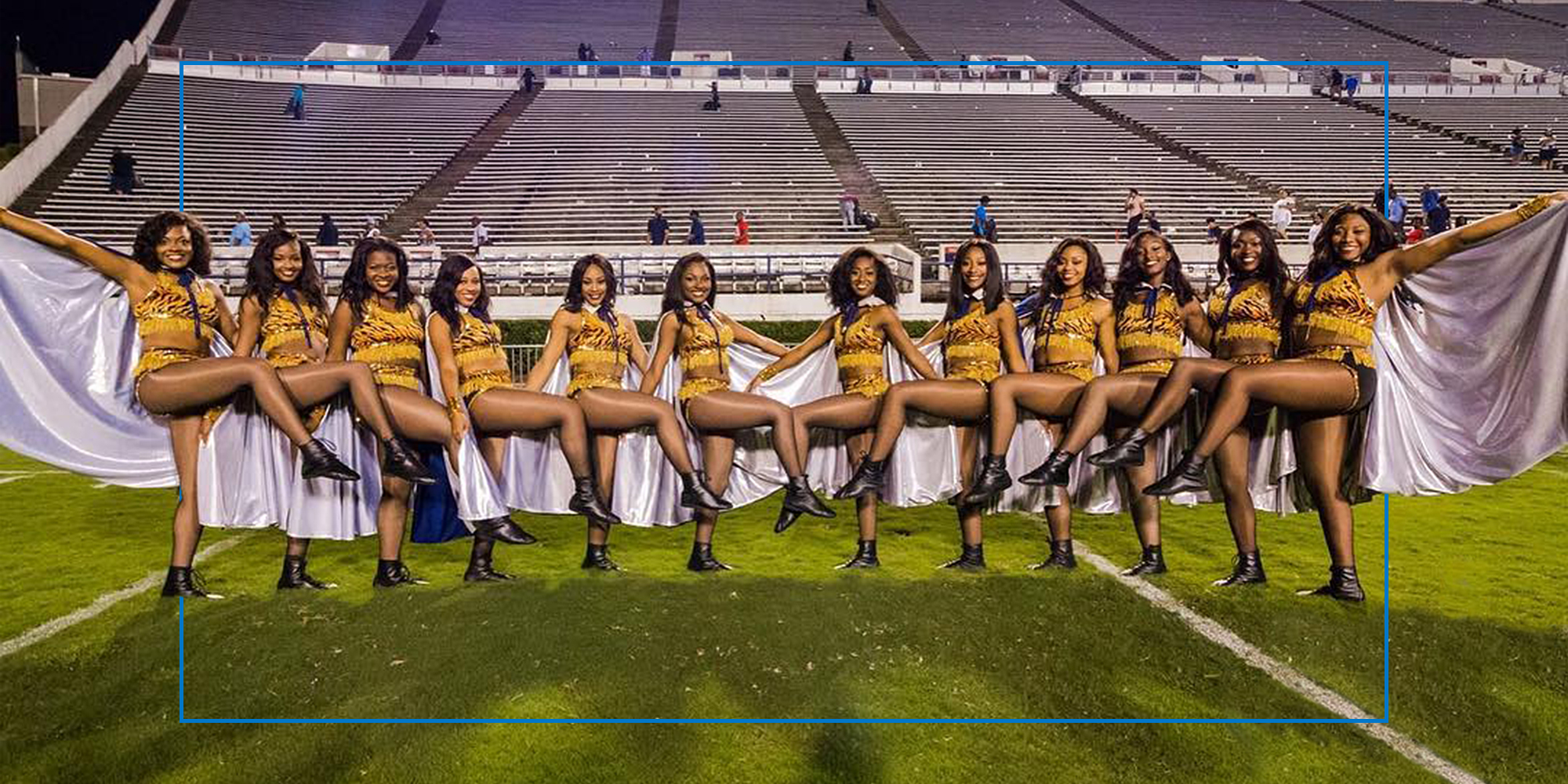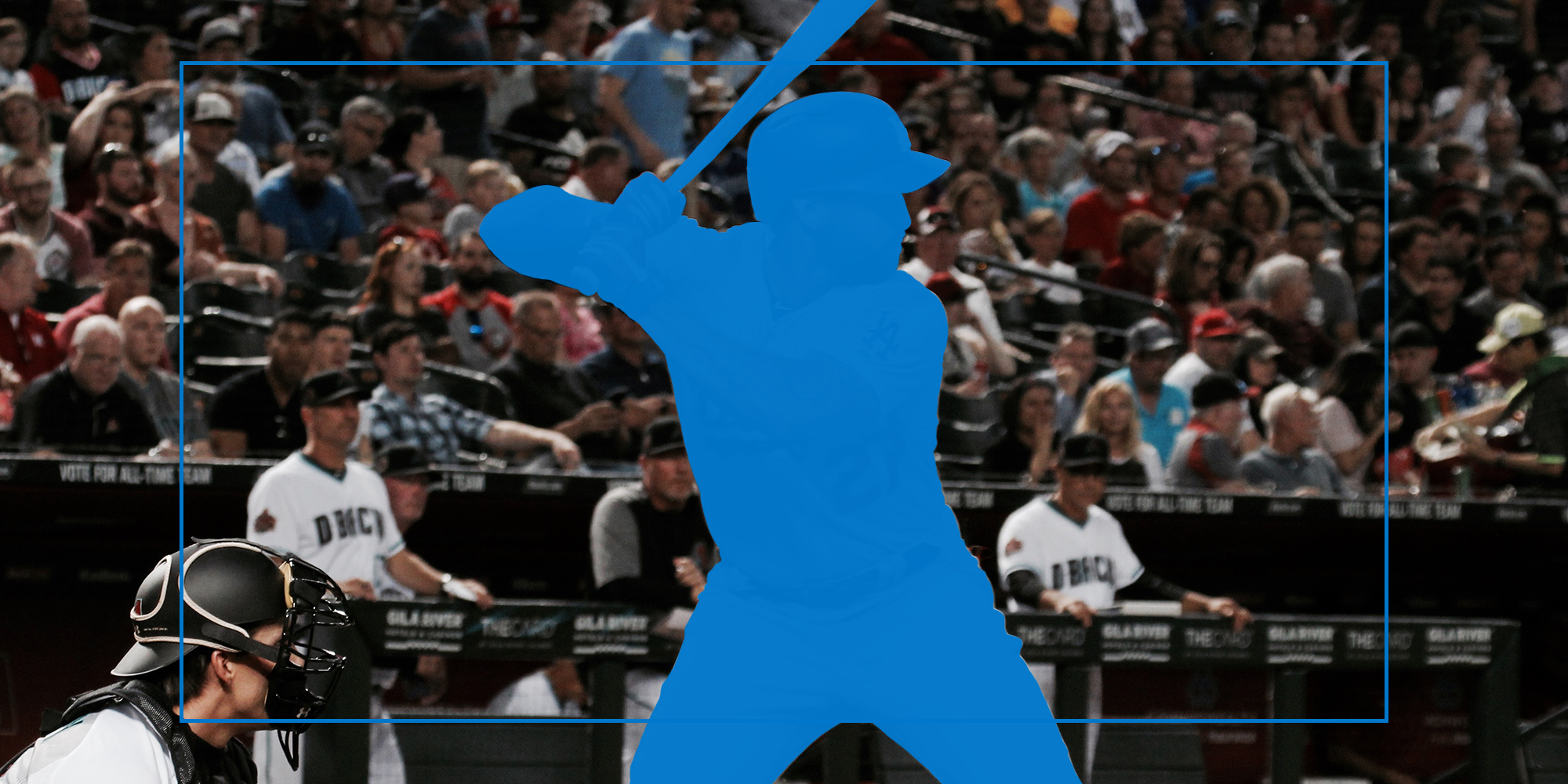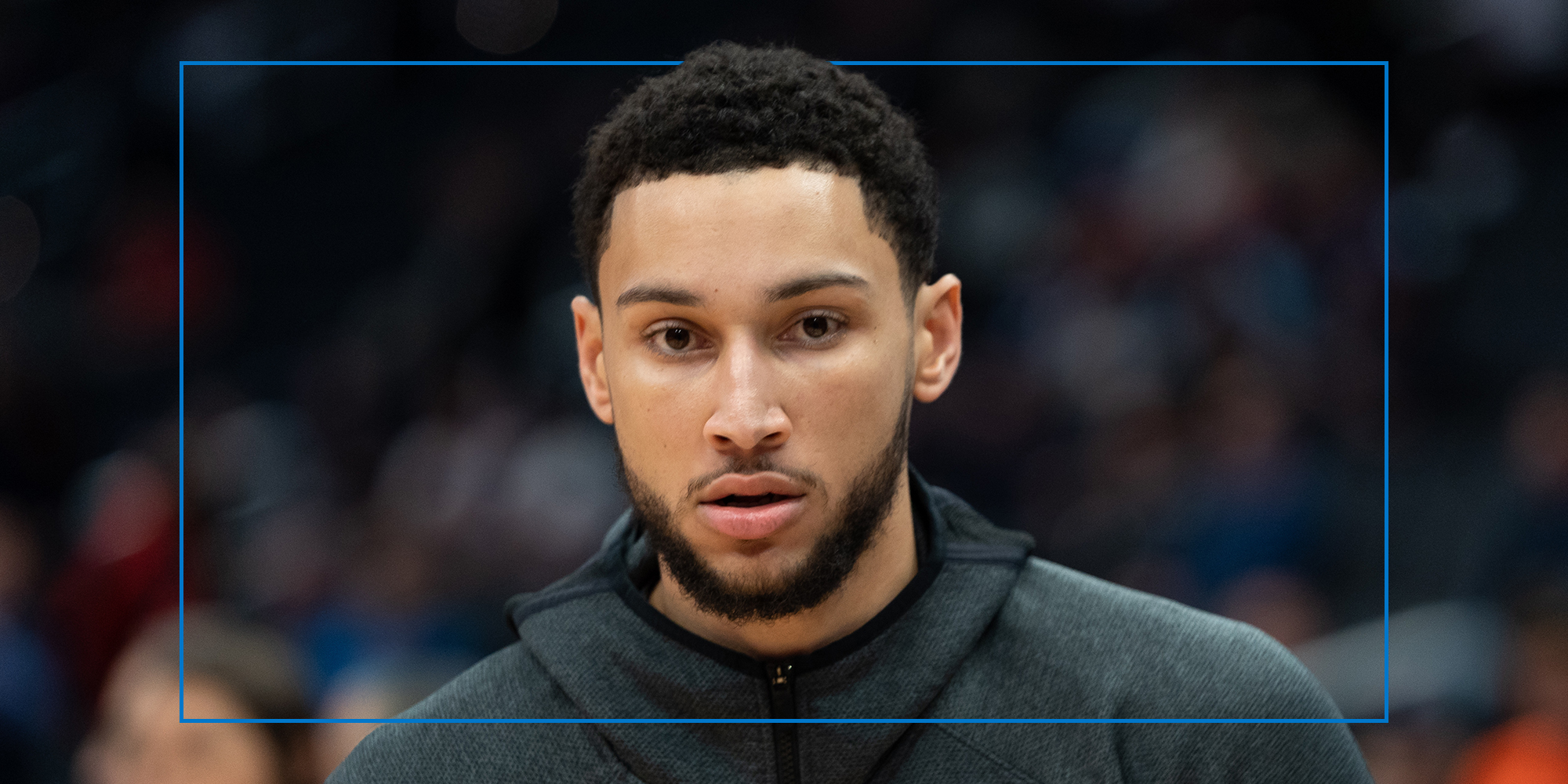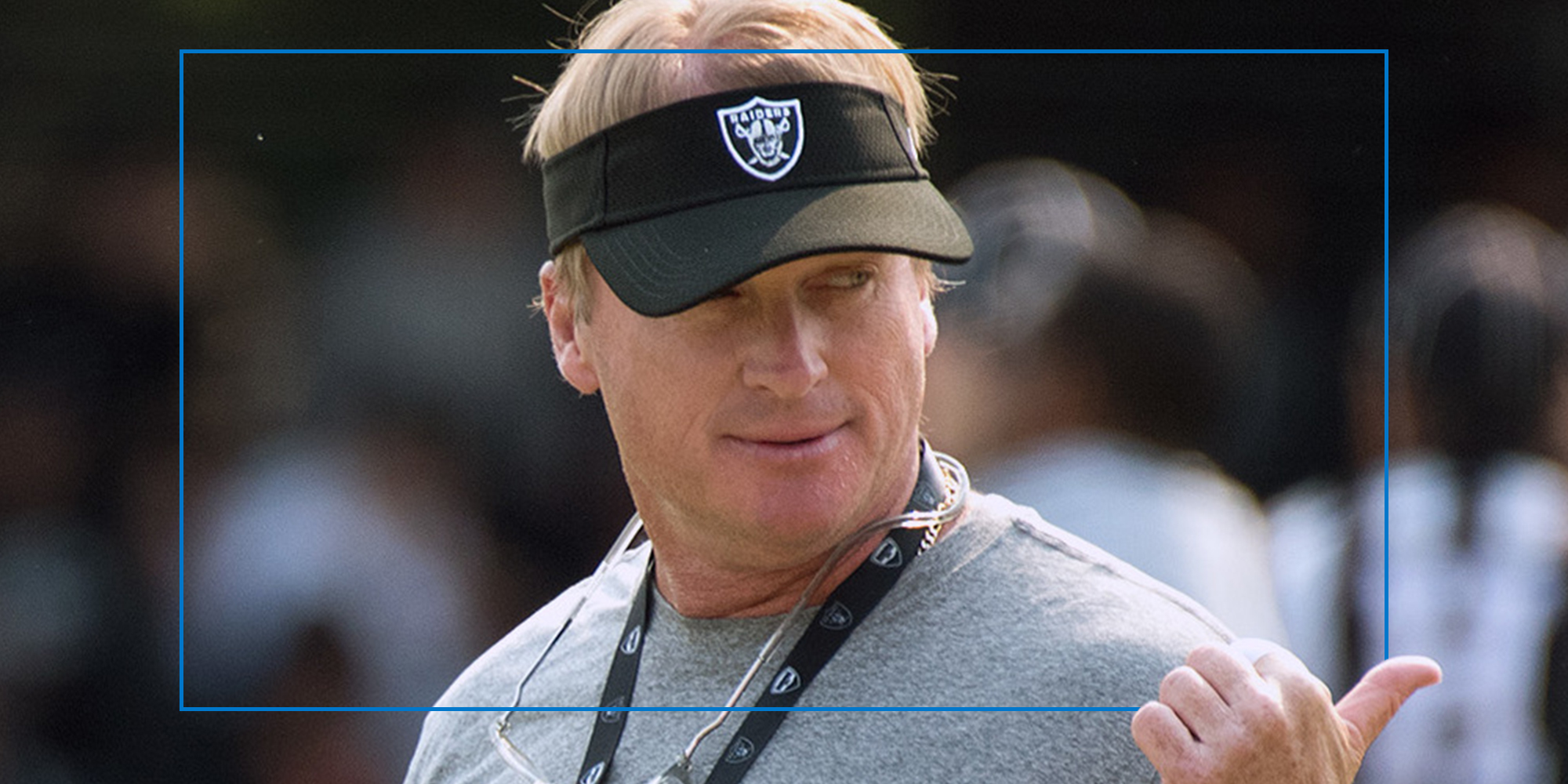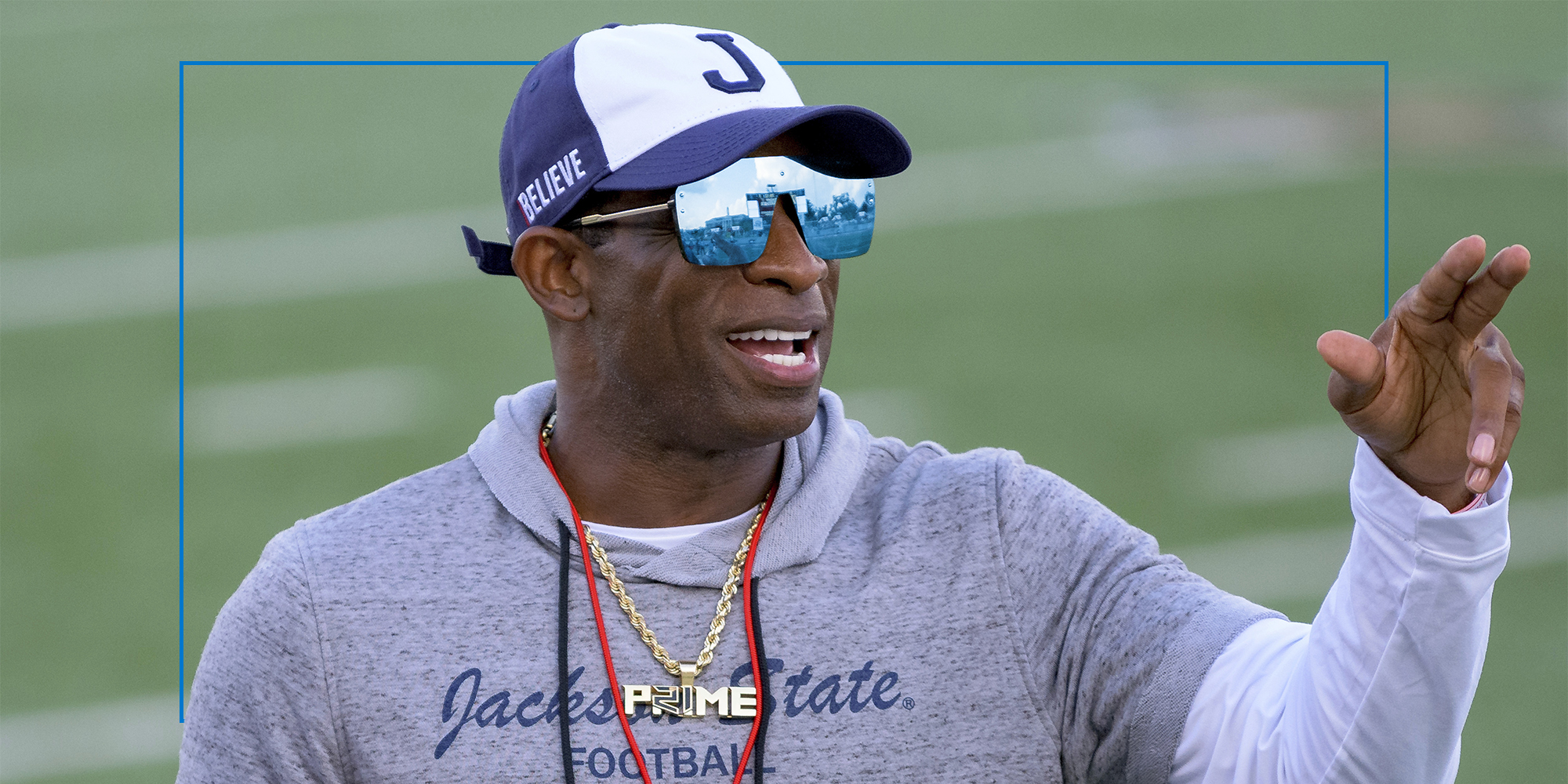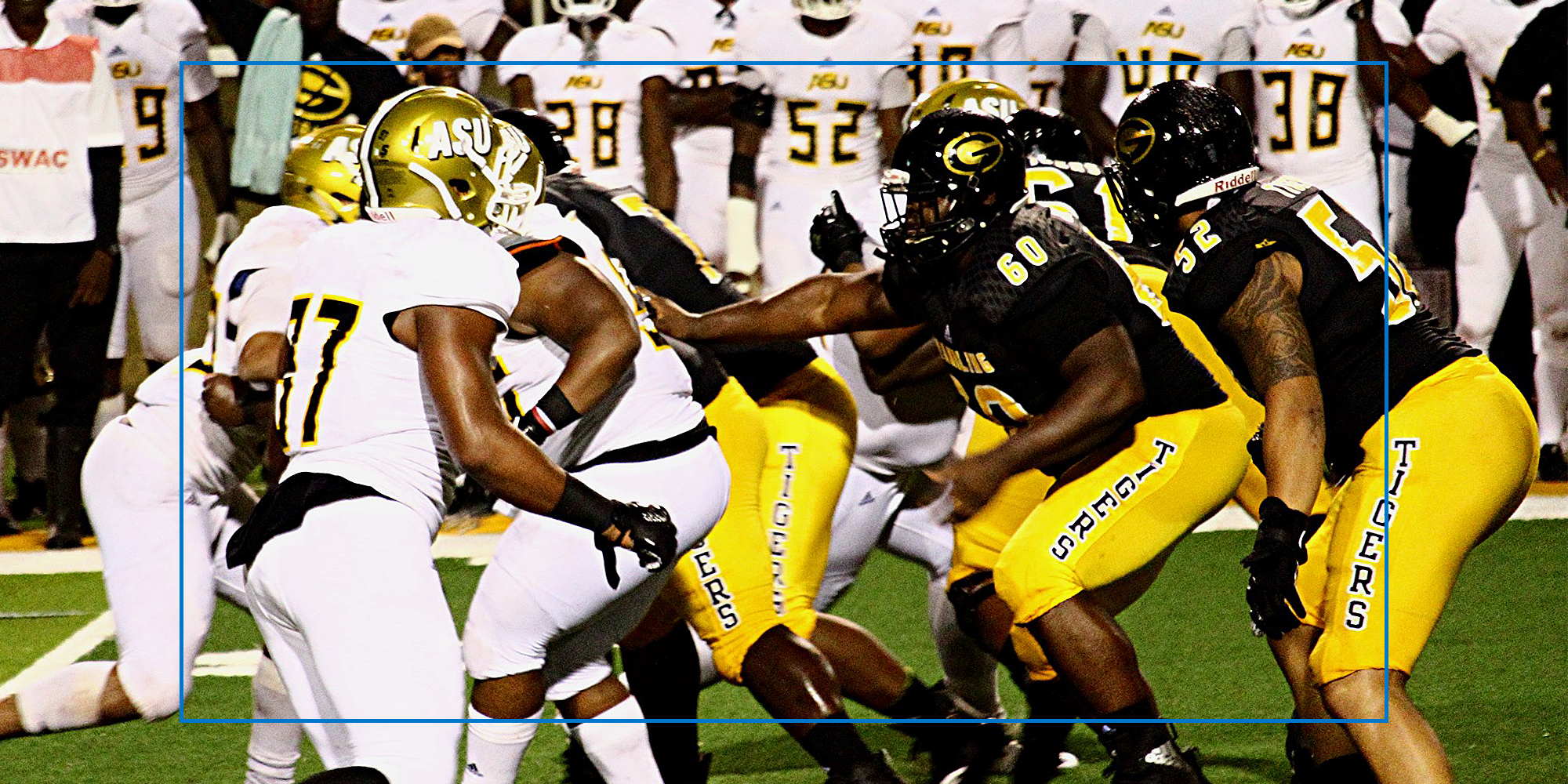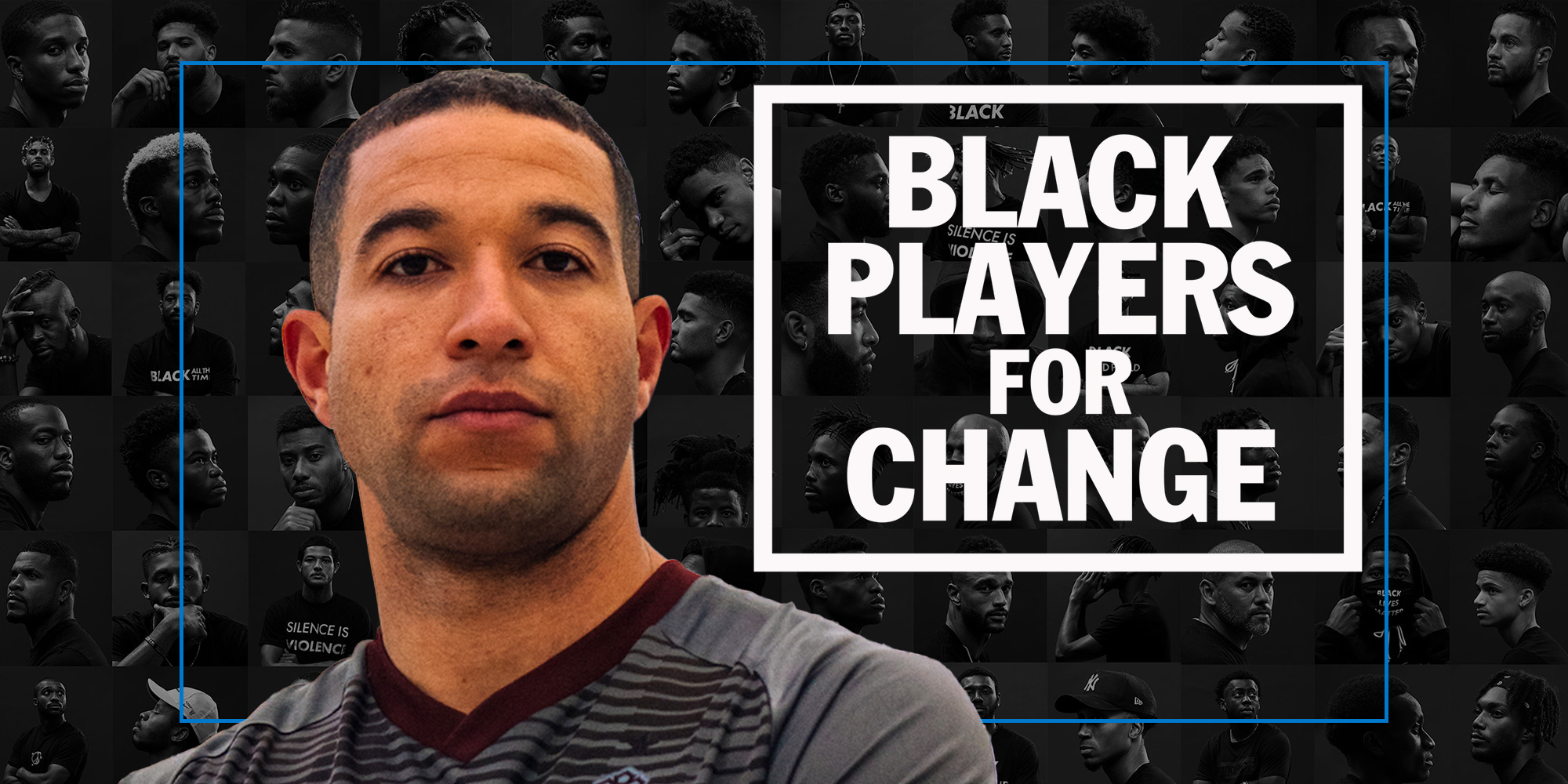The 2022 FIFA World Cup will feel a little bit different to American sports fans. You can bet on it.
Literally.
For the first time, the world’s most-watched sporting event will be set against the backdrop of legalized sports betting in much of the United States.
And it’s more than just the state-by-state legalization that began following the Supreme Court’s ruling in Murphy v. NCAA more than four years ago. It’s that the kind of action, once limited in American minds to Las Vegas casinos, offshore websites and British bookmakers, which will now be accessible comfortably to a broader range of people positioned on couches with mobile phones in hand.
“This World Cup is going to be unprecedented for new American fans,” says Keith Whyte, the executive director of the National Council on Problem Gambling. “Because they’re going to see betting on soccer presented in a radically different way than they’ve ever known, and probably even in a radically different way than they’ve seen in the U.K.”
As of early September, 30 states and the District of Columbia had legalized some form of sports wagering, with 22 of those states allowing residents to wager online.
That impact is felt by anyone who played, attended or watched pro or major college sports in recent months, where leagues and teams who once downplayed gambling have embraced advertising and “partnerships” with sportsbook sponsors.
There’s no reason to think the World Cup will be different.
“Won’t it be like every other big sporting event where every single commercial now is about betting?” deadpanned John Murray, the director of race and sport at the Westgate SuperBook sportsbook in Las Vegas. “I would imagine that these companies are going to be pouring money into the World Cup.”
And for people who become bettors for the first time, Whyte says it’s going to feel a lot different than what they might have imagined.
The majority of betting will occur during games rather than before, he says, with a span of categories reminiscent of Super Bowl prop bets. Wagers could be available on everything from as simple as who wins the match to as niche as what player covers the most distance during a 90-minute game.
“I think we’re going to take everything that they do in the U.K. (with live betting) and we’re going to Americanize it,” Whyte said. “We’re going to turbo-charge it.”
What’s less clear is the potential legacy of a heavily-bet 2022 World Cup. Will it bring new Americans into the betting fold permanently, or potentially expose more people to the risks of addictive betting behavior? And will it turn more bettors into permanent soccer fans than might have occurred in previous World Cup cycles where sports gambling was not as accessible for the average American.
New bettors, new dangers?
There’s some data that suggests that — conceptually at least — the World Cup could represent an opportunity for American sportsbooks to reach consumers they might not normally.
According to Statista.com, about a quarter of American women and slightly more than half of American Latinos said they watched at least some of the 2018 FIFA World Cup. A 2022 survey by Morning Consult found soccer fans also skewed younger than fans of other traditional American sports.
Any fan that becomes a new bettor needs to understand the potential for risky behavior, says Whyte, who recommends new users use betting app features that allow them to set preemptive limits on how much they wager or lose.
But Whyte doesn’t necessarily think a person unfamiliar with other sports is more or less likely to develop problem gambling habits than a seasoned sports viewer.
“Part of it is motivation to gamble,” Whyte says. “If you’re gambling for fun, if you’re gambling with friends, if it’s low stakes, I don’t think it matters how much of a sports fan you are. I think if you’re gambling for your rent money or because you’re depressed or because you just broke up with your boyfriend, that’s where more of the risk comes.”
There are also some hazards for more seasoned gamblers if they’re not familiar with the particulars of soccer, Murray says.
One of the most common misunderstandings in soccer betting is that money line wagers are based on three outcomes rather than two — a win, a loss or a draw.
Additionally, most American gambling factors any potential overtime into a bet. Soccer bets are generally decided based on the outcome over the regulation 90 minutes plus injury time, unless otherwise specified.
“That’s something that happens pretty much every major soccer tournament, is people make bets and don’t really understand what they’re betting on,” Murray said. “You get a lot of soccer novices that bet on the World Cup. And it’s important that they understand soccer in the same way that you take for granted you understand all the rules if you’re betting the NFL.”
Reaching the Latinx community
From American sportsbooks’ perspective, the biggest opportunity to convert new long-term bettors is almost certainly within the American Latino/a/x community.
According to the 2020 U.S. Census, that block constitutes more than 60 million people and nearly 20% of the American population. And they’re even more prominent compared to other Americans in terms of how they consume soccer in general and the World Cup in particular.
For a company like Jefe Bet, which delivers betting-related content tailored specifically to the American bilingual Spanish-English audience, it’s impossible to understate the significance.
“For us, this is essentially the Super Bowl,” said Kyle Piasecki, the senior vice president of strategic partnerships for Jefe Bet’s parent company, First Street Gaming. “Sixty percent of our traffic goes to soccer articles … And so we recognize this is a great opportunity for us.”
The ratings for the 2018 World Cup — in which the United States did not participate, but Mexico did — back this up.
Telemundo’s average audience across the 63 games was 2.03 million viewers, more than two-thirds of Fox’s average audience of 2.98 million despite, presumably, about a fourth of the potential viewers.
The second-most watched World Cup game on any American broadcaster was Mexico’s group-stage clash against Germany, which generated a Telemundo audience of 7.13 million.
But Piasecki says many American sportsbooks aren’t well-equipped to take advantage of the event’s enormous profile among Spanish speakers and other Latinos. Not that it’s entirely their fault.
“The operators have been so bogged down with getting all these states live,” he says, referring to the process each sportsbook goes through to begin operating online in each new state. “Opening a new state is like opening a new land-based casino. So they’ve just been trying to scale their options. And going outside the core operation for them, it’s not in their natural operation to pivot into cultural marketing.”
Jefe Bet is leaning into that gap, Piasecki says, sending two employees to cover the event on the ground in Qatar.
The hope is that coverage will boost the company’s profile as it begins exploring becoming a sportsbook operator online in Latin America and in a retail location in Las Vegas.
An even bigger beneficiary might be PointsBet. Not only is the company a rare mainstream American online sportsbook with a Spanish-language option on its app and website, it is also the partner of NBC Universal, which includes Spanish-language World Cup rights holders Telemundo among its properties.
Futbol or football (or both)?
Even though the 2022 FIFA World Cup might be a big, novel betting event in the United States, there’s a feeling from many in the industry that it could be bigger under different circumstances.
Typically a late-spring, early-summer event in the Northern Hemisphere, the event’s unusual timing this year is designed to avoid the unplayable heat of the summer months on the Arabian Peninsula. But in the process, it will clash with the later stages of the NFL and college football regular season, which easily dwarf all other sports in the American betting landscape.
“If this World Cup was being played in the normal June to July time slot, it would be much bigger for us,” Murray said. “It’s such a crowded time on the sports calendar. Not just the NFL, but college football is going on, hockey, NBA and college basketball have all started by then. So it’s going to be hard to carve out as much interest as it would in the summer.”
However, those sportsbooks may benefit from cross-promotion on NFL broadcasts on two networks.
English-language rights-holder Fox also has the rights to Sunday afternoon NFL games, and with that comes the platform to promote the 35 tournament games they’ll be televising over the air on their network.
The company also owns Fox Bet (stylized as FOX Bet), which is available for mobile and online bettors in Colorado, Michigan, New Jersey and Pennsylvania.
Meanwhile, NBC and Telemundo have the Sunday night NFL package, which is regularly the highest-rated broadcast on TV in a typical week during the season.
In the past, NBC has used that English-language space to openly promote space before to openly promote its Spanish-language World Cup coverage, even to those who don’t speak the language.
“There’s two possible outcomes,” Piasecki suggested. “The World Cup gets more eyeballs because of the NFL, because of people betting on the NFL, they see it in the book and they increase their spend and also bet on the World Cup. Or their wallet gets split in two, and that would probably be concerning for books. This is the total unknown.”
This story is part of the Pixel Pitch series, exploring the spaces where soccer, the internet and identity intersect. Pixel Pitch is a joint project partnering The Daily Dot with The Striker, a soccer-centric online publication “where every day is a soccer news day.”
See more stories from Presser – examining the intersection of race and sports online.







